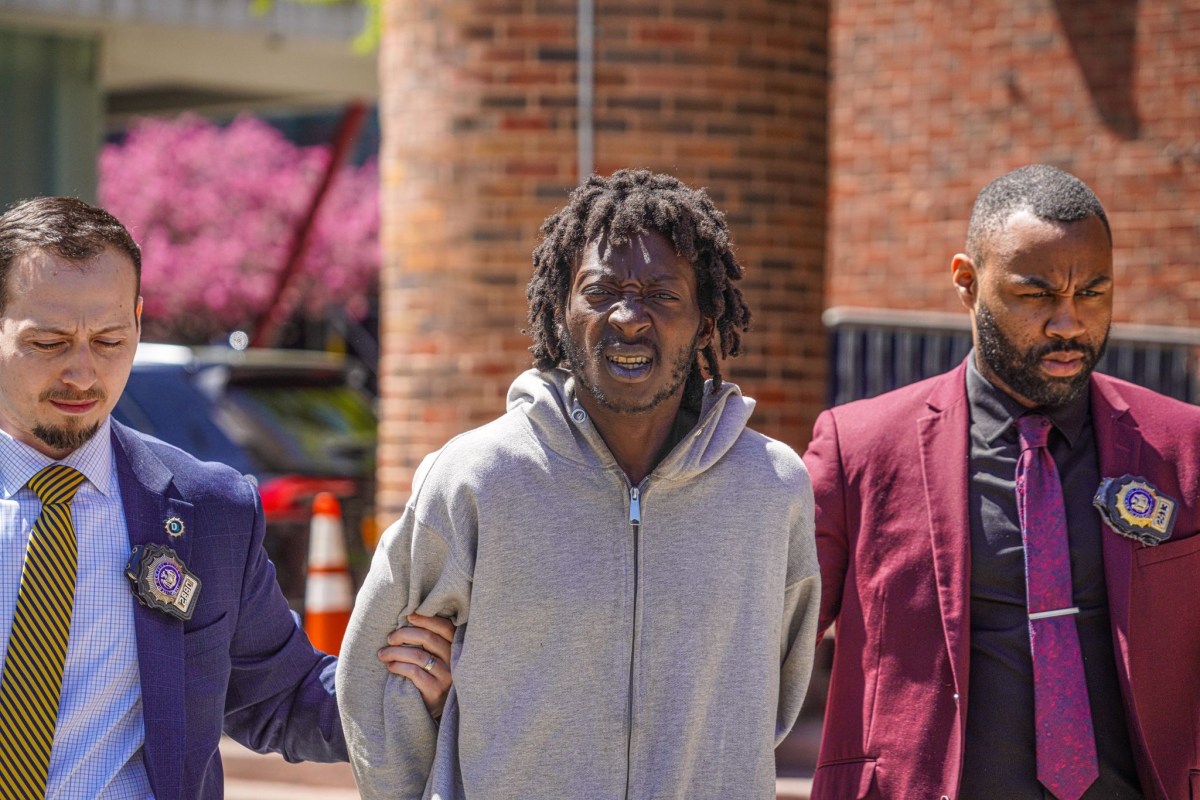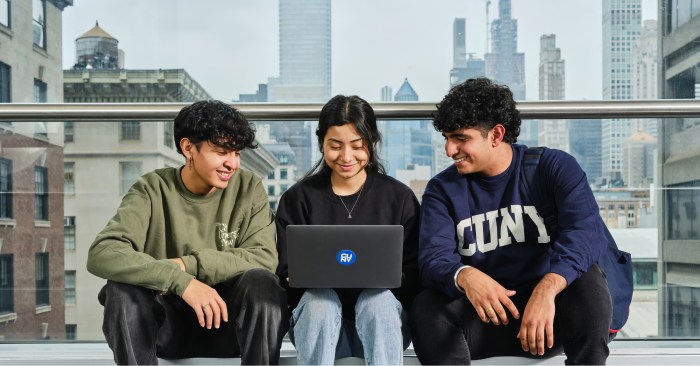 Derek Coy enlisted in the U.S. Marine Corps at age 19 and served in Iraq from August 2005 to August 2006. He used the Post 9/11 GI Bill to finish college and get an advanced degree in Middle Eastern History from the City College of New York. Credit: Bess Adler
Derek Coy enlisted in the U.S. Marine Corps at age 19 and served in Iraq from August 2005 to August 2006. He used the Post 9/11 GI Bill to finish college and get an advanced degree in Middle Eastern History from the City College of New York. Credit: Bess Adler
This week marks the fifth anniversary of the signing of the Post 9/11 GI Bill.
The Post 9/11 GI Bill includes the most generous education benefits afforded to veterans since World War II, providing up front tuition payments directly to schools, a monthly living allowance and a book stipend of $1,000 per year for qualified veterans and their families.
Derek Coy, a veteran of the Marine Corps who served in Iraq from August 2005 to August 2006 and returned to school initially on the old GI Bill saw the difference when the new one kicked in and said it was “night and day.”
“The benefits that you’re afforded are phenomenal,” Coy said. “It really covers the student veteran from almost all angles.”
Coy said he was “probably one of the first” of this generation’s vets to benefit from this almost unprecedented investment in the education of the United States’ service members.
Not only did the Post 9/11 GI help Coy finish his undergraduate degree, he was also able to use those funds to move to New York City to pursue an advanced degree in Middle Eastern History at the City College of New York.
“Never in a million years would I have thought that I would have moved from Texas to New York City to go to grad school, or really go to grad school at all,” Coy said. “It was a decision I made that I was really excited about.”
Veterans often struggle with adjusting to civilian life when they return from duty, and finding employment has been particularly tough for many, as civilian employers often don’t see how skills developed on the battlefield translate to those needed in the workforce.
Coy said going back to school is a great way for veterans to ease back into civilian life and deal with the obstacles that can arise in searching for employment.
“It’s one of those things that really unleashes the next level of potential within veterans,” Coy said. “Once you come out, the skill set and vitality and potential you have is really second to none.”
“It really just offers a whole variety of opportunities to each veteran,” he added.
Readers can check out the stories of other veterans who have benefited from this GI Bill here.
Follow Danielle Tcholakian on Twitter @danielleiat
















